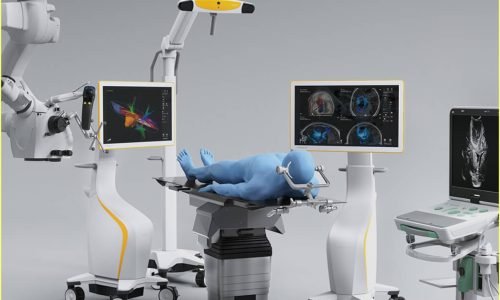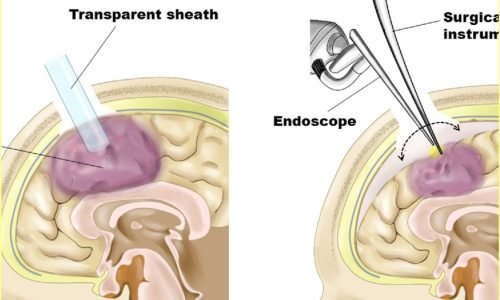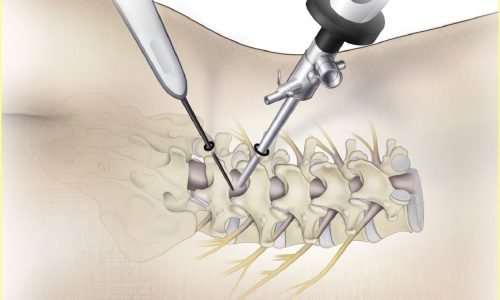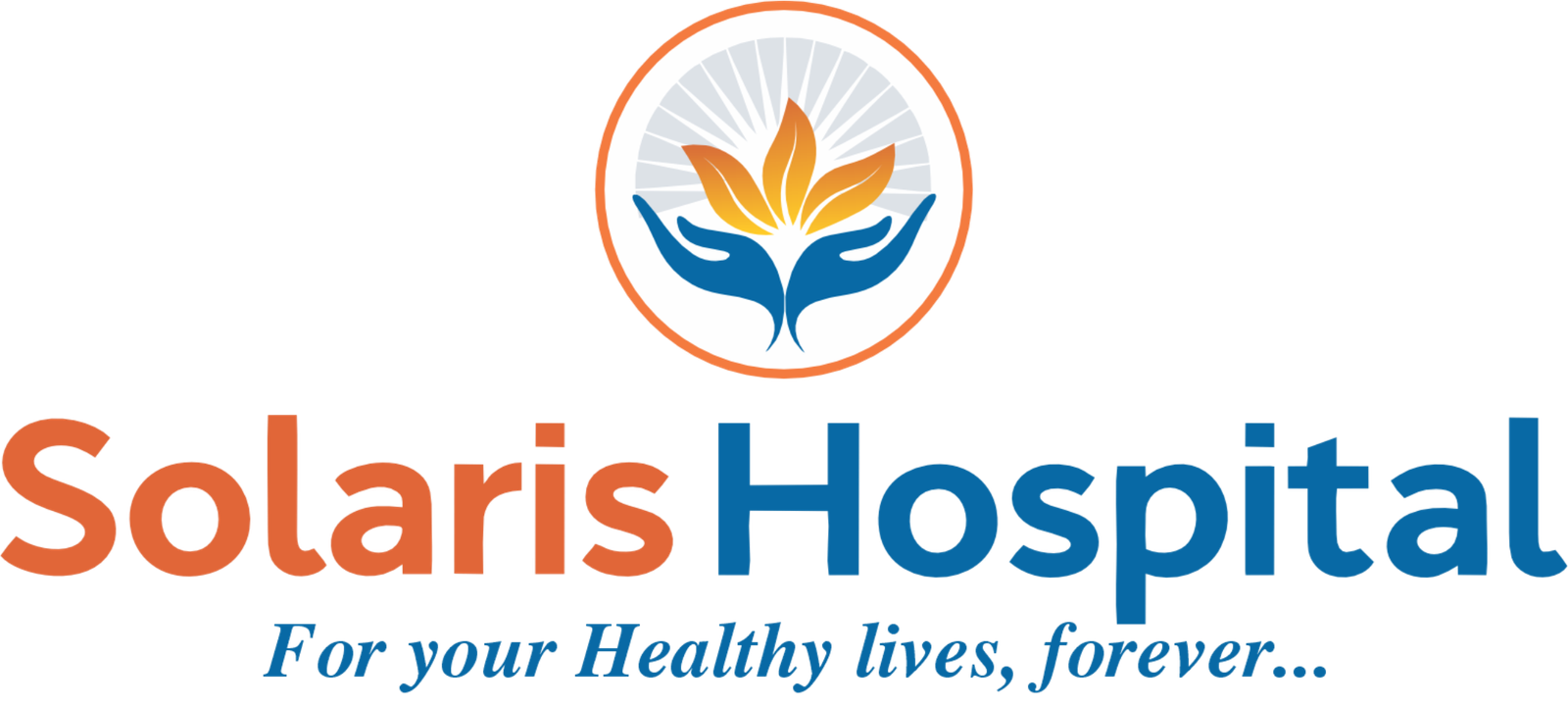
At Solaris Hospital, we understand that neurological disorders affecting the brain, spinal cord and nerves are among the leading causes of disability worldwide. As a premier provider of neurosurgery in Thane, we are dedicated to delivering state-of-the-art care that is both patient-focused and outcome-driven. From advanced spine surgeries to innovative minimally invasive procedures, our Department of Neurosurgery in Thane offers a full spectrum of neurosurgical services intended to improve patient outcomes and augment quality of life.

Take Control of Your Neurosurgery
Expert care, personalised plans, and ongoing support to help you live healthier every day.

What sets Solaris Hospital apart is our commitment to combining cutting-edge technology with compassionate care. Our team of highly skilled neurosurgeons, neuro-anesthetists and specialized nurses work together to develop personalized treatment plans customized to each patient’s unique needs. We believe that the fusion of human touch with technological excellence is what truly defines our care.
Awake brain surgery, also known as awake craniotomy, is a type of brain surgery performed while the patient is conscious. This procedure is typically used to treat brain tumors, epilepsy, or areas of the brain that control critical functions like speech, movement, or vision. Keeping the patient awake allows surgeons to monitor real-time brain activity and ensure vital areas of the brain are not damaged during surgery.

Our neurosurgery in Thane department is fortified with the latest medical technologies, ensuring that our patients receive the highest standard of care.

Offering real-time, 3D imaging, these systems allow our surgeons to perform complex procedures with unmatched accuracy. This technology is particularly beneficial for surgeries involving deep brain structures or sensitive spinal regions.

Our minimally invasive techniques, such as endoscopic neurosurgery, result in faster recovery times, minimal incisions and reduced pain. These procedures are especially effective for conditions like pituitary tumors, skull base tumors and spinal disc herniations

At Solaris, advanced imaging systems guide our surgeons throughout the procedure, ensuring precision and minimizing the risk of complications. This approach is crucial for treating conditions such as degenerative spine diseases, herniated discs and spinal stenosis.

To ensure the safety and well-being of our patients during surgery, we utilize IOM to continuously monitor the nervous system. This is particularly important for surgeries involving the spinal cord, brainstem or peripheral nerves.
At Solaris Hospital, we offer comprehensive neurological care for patients of all ages. Our team of experienced neurologists provides expert diagnosis, treatment, and management of a wide range of neurological conditions.




We’re here to help – reach out anytime
Pioneering Excellence in Neurology and Neurosurgery with Cutting-Edge Technology and Compassionate Care. Solaris Hospital is your one-stop destination for comprehensive with wide range of multi-specialty services.
Service Road, Ghodbunder Rd,
next to AP Shah Institute of
Technology, Kasarvadavali,
Thane (West),
Maharashtra. 400615
Phone:+91 22 4004 4001 / 4004 4003 / 8655696500
E-mail:contact@solarishospitals.com
